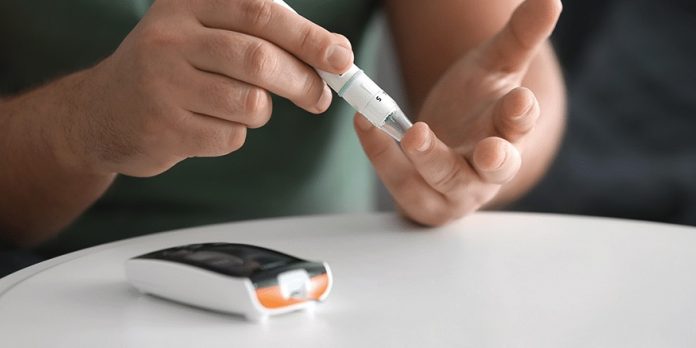Harvard University researchers have identified a new hormone that stimulates the production of insulin in a mouse pancreas. The discovery may lead to new treatments for diabetes, which is the most common type of diabetes.
Type 2 diabetes is responsible for 90% of diabetes. An estimated 371 million people worldwide have diabetes. It is caused by inadequate insulin production by the beta cells in the pancreas or resistance of cells in the body to use insulin. Type 1 diabetes is caused by an inadequate number of beta cells. The researchers note that in adults, pancreatic beta cells are generated primarily by self-duplication. They have identified a hormone in the mouse, which they have termed betatrophin. It stimulates the reproduction of beta cells; thus, increasing their numbers as well as the body’s supply of insulin. As a result, betatrophin treatment could boost or replace insulin injections by increasing the number of insulin-producing cells in the pancreases of diabetics.
The researchers stimulated the liver in mice to secrete more betatrophin by inserting extra copies of the gene. As a result, the size of the beta cell population tripled in comparison to untreated mice. Tests indicated that the new cells functioned normally. At present, the researchers do not know how the hormone works. They plan to create an injectable form of betatrophin so that that they can test it in diabetic mice. If that research is fruitful, they could start clinical trials on humans shortly thereafter.
There are many risk factors for type 2 diabetes, including:
Age over 45 years
A parent, brother, or sister with diabetes
Gestational diabetes or delivering a baby weighing more than 9 pounds
Heart disease
High blood cholesterol level
Obesity
Not getting enough exercise
Polycystic ovary disease (in women)
Previous impaired glucose tolerance
Some ethnic groups (particularly African Americans, Native Americans, Asians, Pacific Islanders, and Hispanic Americans)
High blood levels of glucose can cause several problems, including:
Blurry vision
Excessive thirst
Fatigue
Frequent urination
Hunger
Weight loss
However, because type 2 diabetes develops slowly, some people with high blood sugar experience no symptoms at all.
Symptoms of type 1 diabetes:
Fatigue
Increased thirst
Increased urination
Nausea
Vomiting
Weight loss in spite of increased appetite
Patients with type 1 diabetes usually develop symptoms over a short period of time. The condition is often diagnosed in an emergency setting.








